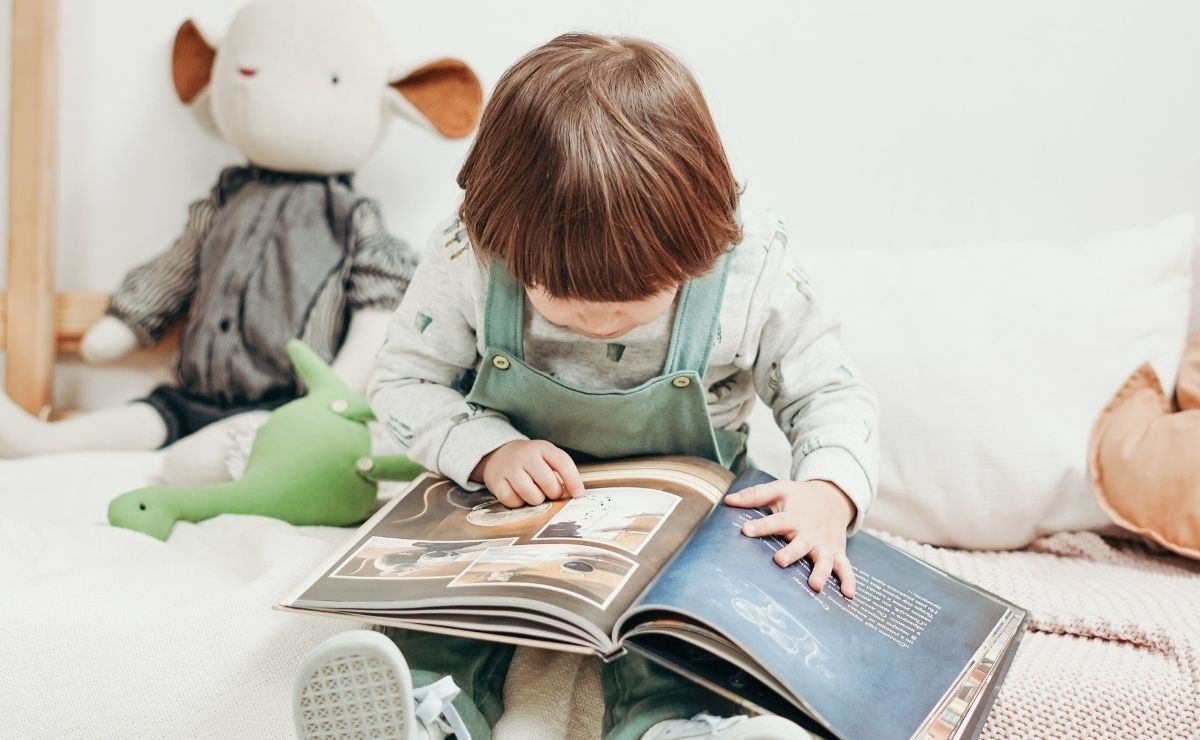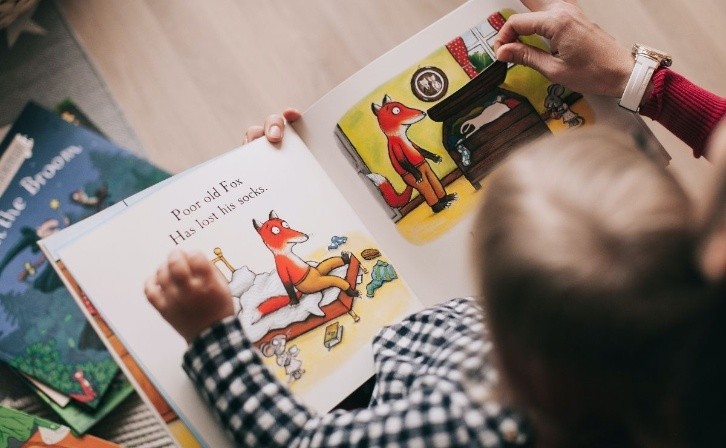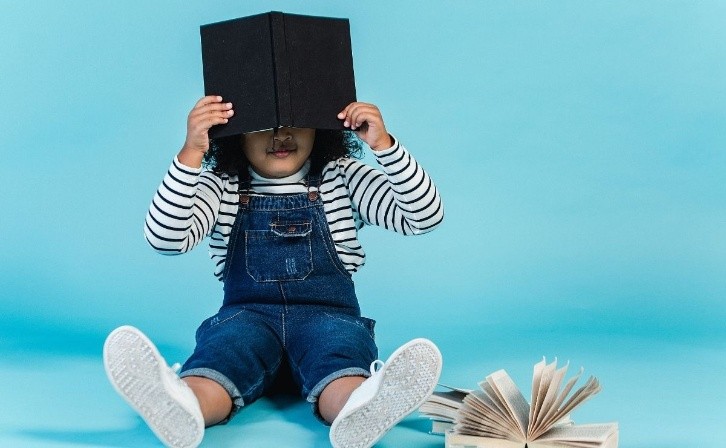
The habit of reading in children is crucial for further learning, parents must instill this habit, find out what happens if not
One of the ways in which children learn more and better is through reading , a tool that also awakens their imagination and makes them have a good time, establishing it as a habit is the most difficult thing they will have to do. parents but that is necessary.
Once your children learn to read, you must motivate them to acquire the habit , there are many methods for your little ones to become fond of reading, you can even start from when they are newborns and lead by example so that they see the good in reading .
But what happens when children don’t like to read? There are some issues that you should take care of, because even if you do not believe it, it will greatly influence their development in the short, medium and long term, try to get your children to read as much as they can preferably books that they like, so it will be easier to get used to them.

He does not learn spelling . Your children might have some problems in school regarding spelling and writing, reading will help your children understand and observe how words are spelled correctly.
He does not develop his reflective capacity . Because they do not have a broader horizon from which they can question their world, that is why it is important that your children begin to read about various topics.
Sparse vocabulary . By not reading, your child will not have more vocabulary than the one he hears at home or its surroundings, when the little ones begin to take a book, the words he finds will enrich the child’s vocabulary.

Low memory and concentration. By reading, children improve concentration and memory, as they acquire concepts and stories that they will want to replicate with the people around them and exchange points of view.
It does not exercise your brain . One of the most important benefits of reading is that children exercise their brain, the stories that your children read will help develop their imagination and ingenuity.
Reading with your children for at least 20 minutes a day will create, in addition to a habit, a special connection in the family that is special and that is of great help to their learning.